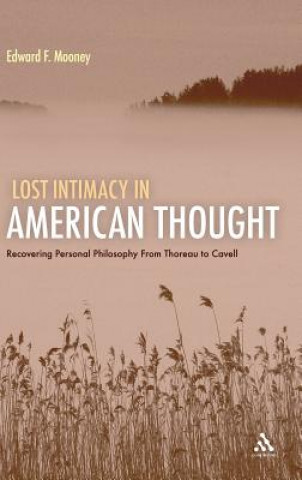
Kód: 01253435
Lost Intimacy in American Thought
Autor Edward F Mooney
This title offers a critique of rationalism in contemporary American thought by recovering a lost tradition of intimacy in the writings of Thoreau, Bugbee, James, Arendt, Dickinson, Fuller, Wilshire and Cavell. "The Loss of Intima ... celý popis
- Jazyk:
 Angličtina
Angličtina - Väzba: Pevná
- Počet strán: 192
Nakladateľ: Continuum Publishing Corporation, 2009
- Viac informácií o knihe

Mohlo by sa vám tiež páčiť
Darčekový poukaz: Radosť zaručená
- Darujte poukaz v ľubovoľnej hodnote, a my sa postaráme o zvyšok.
- Poukaz sa vzťahuje na všetky produkty v našej ponuke.
- Elektronický poukaz si vytlačíte z e-mailu a môžete ho ihneď darovať.
- Platnosť poukazu je 12 mesiacov od dátumu vystavenia.
Viac informácií o knihe Lost Intimacy in American Thought
Nákupom získate 648 bodov
 Anotácia knihy
Anotácia knihy
This title offers a critique of rationalism in contemporary American thought by recovering a lost tradition of intimacy in the writings of Thoreau, Bugbee, James, Arendt, Dickinson, Fuller, Wilshire and Cavell. "The Loss of Intimacy in American Thought" focuses on a number of American philosophers whose work overlaps the religious and the literary. Henry David Thoreau, Henry Bugbee, Hannah Arendt, Bruce Wilshire and Stanley Cavell are included, as well as Henry James, whose novels are treated as presenting an implicit moral philosophy. The chapters are linked by a concern for lost intimacy with the natural world and others. The early Marx would see this as the alienations in industrial societies of persons from nature, from the processes of work, from each other, and from themselves. Weber might call it the disenchantment of the world. In any case, it is a condition that forms a focus of concern for Thoreau, Bugbee, Arendt, Cavell and Wilshire as well as writers such Henry James, Dickinson and Margaret Fuller. These writers hold out a hope for closing the gaps that sustain alienations of multiple sorts and Mooney brings them into critical discourse with the secularised and constricted rationalism of contemporary analytic philosophy. The latter exalts 'objectivity' and encourages the approach that one should adopt a third person view on everything, dividing the world into rigid binary oppositions: self/other; mind/matter; human/animal; religious/secular; fact/value; rational/irrational; and, enlightened/indigenous. By contrast, each of the thinkers that Mooney discusses see writing as a way of saving the object of attention from neglect or misplaced appropriation, outright attack, or occlusion. His aim is to recognise the importance of non-argumentative forms of address in these American thinkers. The method he employs is analysis of particular texts and passages that exhibit a generous, often poetic or lyrical discernment of worth in the world. It is not meant to be an exhaustive treatment of any one thinker or theme, but a set of case studies, as it were, or a set of particular explorations, each self-sufficient yet resonating with its companion pieces. Mooney's objective is to spark interest in those who are ready to recover Thoreau and Emerson and Bugbee for the sort of American tradition that Cavell has sought to discover and rejuvenate; the tradition, as Mooney puts it, of 'American Intimates'.
 Parametre knihy
Parametre knihy
Zaradenie knihy Knihy po anglicky Humanities Religion & beliefs Religion: general
261.99 €
- Celý názov: Lost Intimacy in American Thought
- Autor: Edward F Mooney
- Jazyk:
 Angličtina
Angličtina - Väzba: Pevná
- Počet strán: 192
- EAN: 9781441181664
- ISBN: 1441181660
- ID: 01253435
- Nakladateľ: Continuum Publishing Corporation
- Hmotnosť: 486 g
- Rozmery: 239 × 162 × 18 mm
- Dátum vydania: 23. December 2009
Obľúbené z iného súdka
-
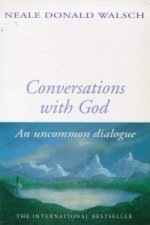
Conversations With God
11.24 € -25 % -
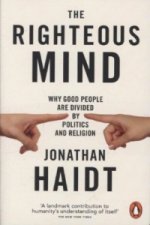
The Righteous Mind
15.13 € -13 % -

History of Christianity
18.61 € -23 % -
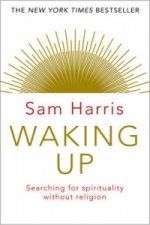
Waking Up
10.94 € -24 % -

End of Faith
9.91 € -17 % -

Secular Age
88.18 € -

Mohammed
21.88 € -
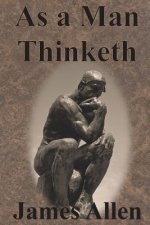
As a Man Thinketh
6.64 € -
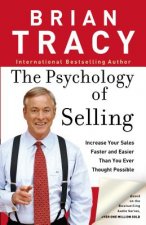
The Psychology of Selling
15.54 € -22 % -

Scientific Healing Affirmations
6.84 € -

Screwtape Letters
11.14 € -23 % -
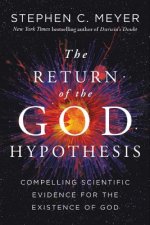
Return of the God Hypothesis
25.26 € -19 % -

The Greatest Salesman in the World
8.89 € -22 % -
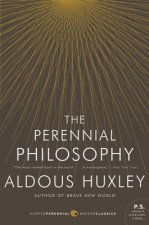
The Perennial Philosophy
16.67 € -14 % -
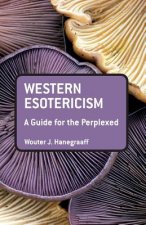
Western Esotericism: A Guide for the Perplexed
46.33 € -

Holy Bible
60.04 € -
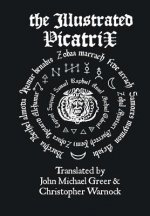
Illustrated Picatrix: the Complete Occult Classic of Astrological Magic
62.70 € -
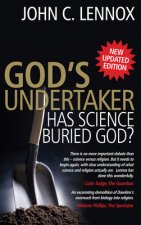
God's Undertaker
12.27 € -23 % -

Koran
21.88 € -
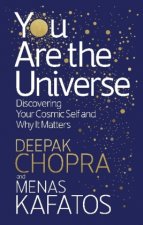
You Are the Universe
15.44 € -23 % -

Princess Majestic Bible Tabs
7.15 € -5 % -
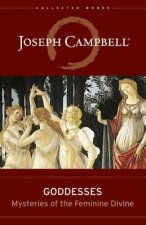
Goddesses
22.80 € -19 % -
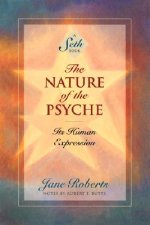
Nature of the Psyche
17.69 € -17 % -
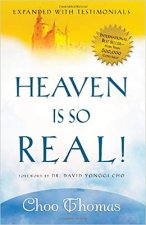
Heaven is So Real
13.19 € -19 % -

Religions Book
19.94 € -21 % -

Original Aramaic New Testament in Plain English with Psalms & Proverbs (8th Edition Without Notes)
35.59 € -
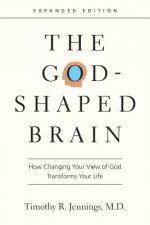
God-Shaped Brain
17.28 € -19 % -
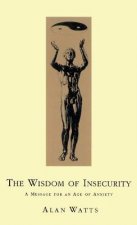
Wisdom Of Insecurity
14.41 € -23 % -
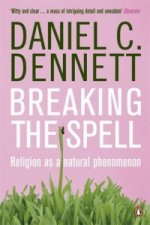
Breaking the Spell
12.78 € -24 % -
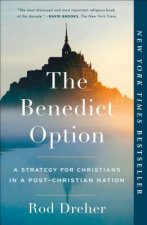
Benedict Option
15.54 € -22 % -

Delomelanicon
37.94 € -
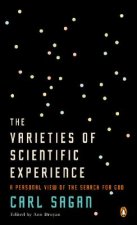
Varieties of Scientific Experience
24.34 € -7 % -
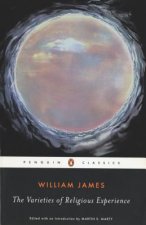
Varieties of Religious Experience
14.62 € -20 % -
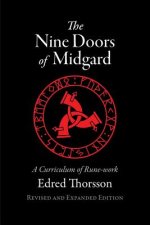
Nine Doors of Midgard
26.08 € -

New Testament and the People of God
46.33 € -33 % -
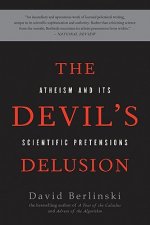
Devil's Delusion
21.27 € -
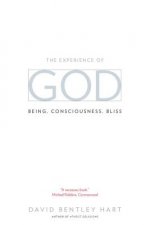
Experience of God
17.79 € -16 % -

Sekhem Apep
25.05 € -

ADAMU - Luciferian Tantra and Sex Magick
20.86 € -
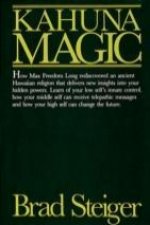
Kahuna Magic
11.75 € -5 % -
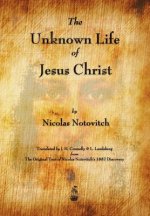
Unknown Life of Jesus Christ
9.61 € -

Perfect Heresy
13.29 € -23 % -

Pensees
12.06 € -16 % -
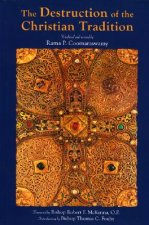
Destruction of the Christian Tradition
33.44 € -
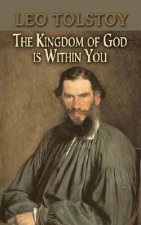
Kingdom of God Is Within You
13.80 € -3 % -

Words of Christ
23.72 € -4 % -
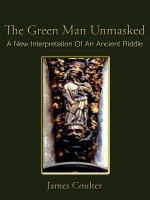
Green Man Unmasked
21.17 € -

Better Than Good
16.36 € -19 % -

History, Analysis and Secret Tradition of the Tarot
19.22 €
Osobný odber Bratislava a 2642 dalších
Copyright ©2008-24 najlacnejsie-knihy.sk Všetky práva vyhradenéSúkromieCookies






 21 miliónov titulov
21 miliónov titulov Vrátenie do mesiaca
Vrátenie do mesiaca 02/210 210 99 (8-15.30h)
02/210 210 99 (8-15.30h)